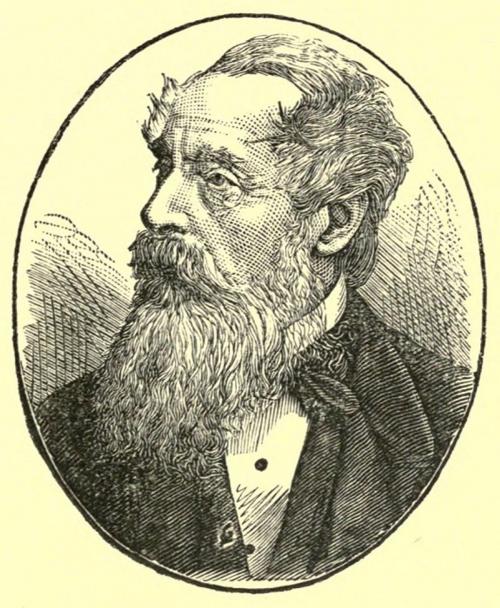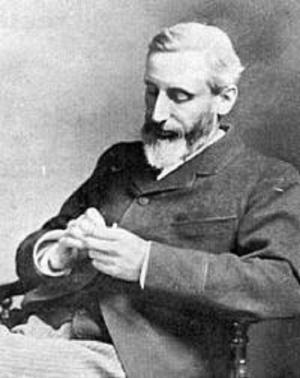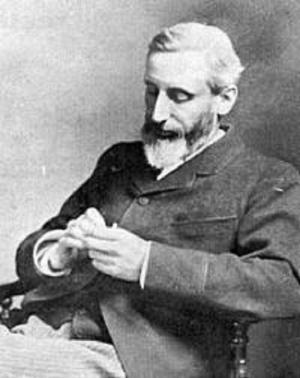Mountain Moggy, the Stoning of the Witch
Fiction & Literature, Classics, Kids, Teen, General Fiction, Fiction| Author: | Kingston, W.H.G. | ISBN: | 9781455394142 |
| Publisher: | B&R Samizdat Express | Publication: | June 10, 2015 |
| Imprint: | Quench Editions | Language: | English |
| Author: | Kingston, W.H.G. |
| ISBN: | 9781455394142 |
| Publisher: | B&R Samizdat Express |
| Publication: | June 10, 2015 |
| Imprint: | Quench Editions |
| Language: | English |
This is quite a short book, taking only 2.5 hours to read, yet it packs quite a punch. It is devoted to the theme of Forgiveness. On a remote mountainside in Wales there dwells a broken-down old woman, whom the local children believe to be a witch. As such she will live for ever, and cannot be hurt, so they amuse themselves by going to her hut, taunting her, and throwing stones at the hut. One evening one of these stones knocks a burning stick from the fire, and sets fire to the old woman, but by chance a young midshipman who has lost his way, is nearby, helps her, and takes word to the village that she is badly hurt. The local clergyman had previously been a medical doctor, and rushes up to the hut to see what can be done. One of the local women helps with Old Mountain Moggy as well. Old Moggy shows true forgiveness to William, one of the Doctor's sons, even though he had been one of the ringleaders in taunting her. William is very much moved by this. Time goes on, and on his next leave the young midshipman brings one of his shipmates, Tom, to share his holiday with him. Tom tells the story of how he had been brought up, and Mountain Moggy tells her story, as well. According to Wikipedia: "William Henry Giles Kingston (28 February 1814 - 5 August 1880), writer of tales for boys, was born in London, but spent much of his youth in Oporto, where his father was a merchant. His first book, The Circassian Chief, appeared in 1844. His first book for boys, Peter the Whaler, was published in 1851, and had such success that he retired from business and devoted himself entirely to the production of this kind of literature, in which his popularity was deservedly great; and during 30 years he wrote upwards of 130 tales, including The Three Midshipmen (1862), The Three Lieutenants (1874), The Three Commanders (1875), The Three Admirals (1877), Digby Heathcote, etc. He also conducted various papers, including The Colonist, and Colonial Magazine and East India Review. He was also interested in emigration, volunteering, and various philanthropic schemes. For services in negotiating a commercial treaty with Portugal he received a Portuguese knighthood, and for his literary labours a Government pension."
This is quite a short book, taking only 2.5 hours to read, yet it packs quite a punch. It is devoted to the theme of Forgiveness. On a remote mountainside in Wales there dwells a broken-down old woman, whom the local children believe to be a witch. As such she will live for ever, and cannot be hurt, so they amuse themselves by going to her hut, taunting her, and throwing stones at the hut. One evening one of these stones knocks a burning stick from the fire, and sets fire to the old woman, but by chance a young midshipman who has lost his way, is nearby, helps her, and takes word to the village that she is badly hurt. The local clergyman had previously been a medical doctor, and rushes up to the hut to see what can be done. One of the local women helps with Old Mountain Moggy as well. Old Moggy shows true forgiveness to William, one of the Doctor's sons, even though he had been one of the ringleaders in taunting her. William is very much moved by this. Time goes on, and on his next leave the young midshipman brings one of his shipmates, Tom, to share his holiday with him. Tom tells the story of how he had been brought up, and Mountain Moggy tells her story, as well. According to Wikipedia: "William Henry Giles Kingston (28 February 1814 - 5 August 1880), writer of tales for boys, was born in London, but spent much of his youth in Oporto, where his father was a merchant. His first book, The Circassian Chief, appeared in 1844. His first book for boys, Peter the Whaler, was published in 1851, and had such success that he retired from business and devoted himself entirely to the production of this kind of literature, in which his popularity was deservedly great; and during 30 years he wrote upwards of 130 tales, including The Three Midshipmen (1862), The Three Lieutenants (1874), The Three Commanders (1875), The Three Admirals (1877), Digby Heathcote, etc. He also conducted various papers, including The Colonist, and Colonial Magazine and East India Review. He was also interested in emigration, volunteering, and various philanthropic schemes. For services in negotiating a commercial treaty with Portugal he received a Portuguese knighthood, and for his literary labours a Government pension."















